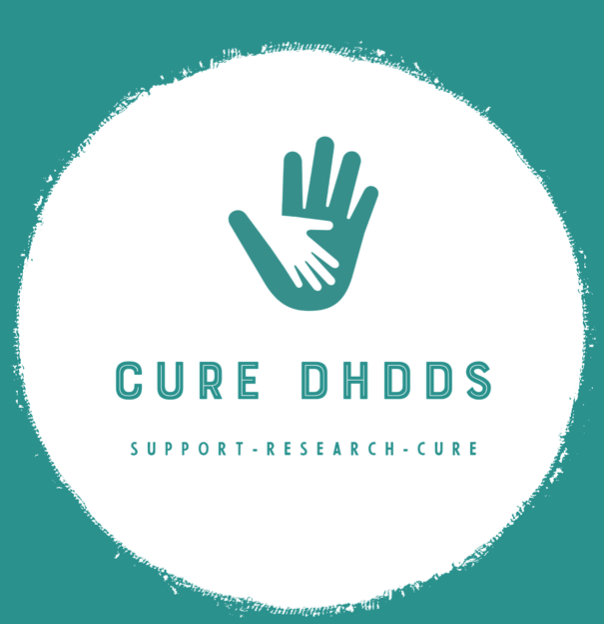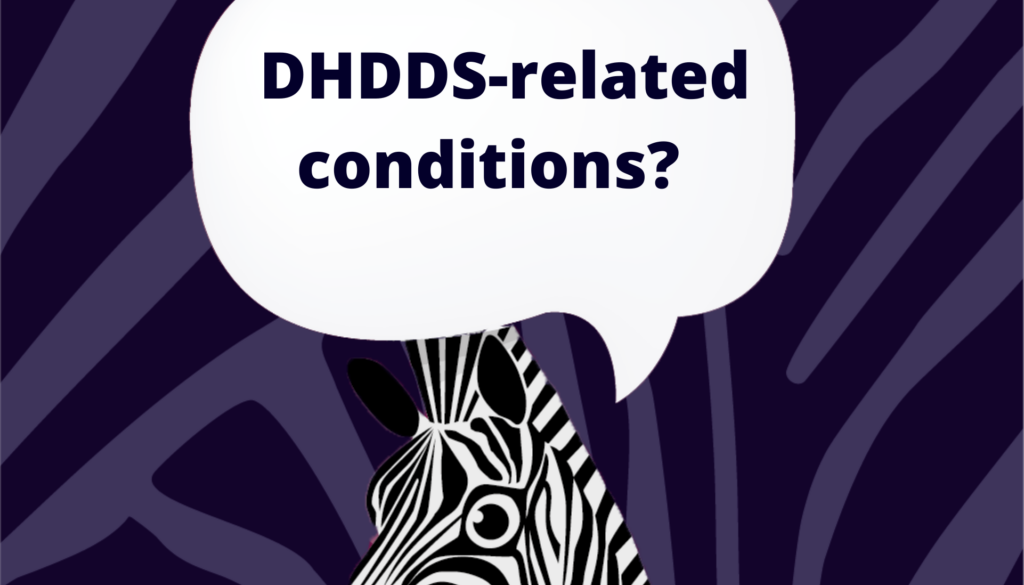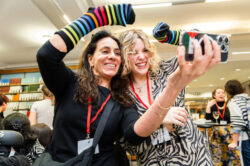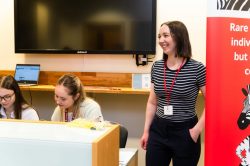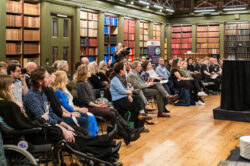Mystery Monday: Have you heard of DHDDS-related conditions?
Have YOU heard of DHDDS-related conditions?
This week Mystery Monday is focusing on the gene known as DHDDS and its role in cases of ataxia, cerebellar and neurodevelopmental conditions. Thank you so much to Cure DHDDS for the fantastic resources!
Be sure to stay in the loop with Mystery Monday by following us on Instagram and viewing our latest posts and stories. We also conduct a poll to see how many of you have heard of each rare condition.
What does DHDDS gene variation result in?
DHDDS encodes an enzyme crucial for the synthesis of dolichol, a molecule essential for proper protein glycosylation and cellular function. When mutations occur in this gene, it disrupts the dolichol production process, leading to a wide range of neurological concerns, however symptoms greatly vary from individual to individual. Developmental delay and seizures, with or without movement abnormalities, can arise as a result of mutations in the DHDDS gene. It is ultra rare and at present only 70 cases are documented worldwide.
Children born with DHDDS mutations may experience developmental delays, struggling with milestones such as walking, talking, and cognitive growth. Additionally, seizures may manifest, varying from mild episodes to more severe and frequent convulsions. In some cases, movement abnormalities like muscle spasms or involuntary jerking motions can accompany the seizures, further impacting the individual’s motor skills and overall quality of life.
Early detection and targeted interventions are crucial in managing these conditions and supporting affected individuals and their families. Genetic testing and personalized treatment plans can play a vital role in improving outcomes for those with DHDDS gene mutations. Important to note, final genotype-phenotype characteristics are still inconclusive as the discovery of these mutations have only been recent.
Cure DHDDS was founded by parents of children diagnosed with a DHDDS gene mutation and they are committed to trying to find the best way of helping their children. They are helping to drive research into these mutations, and help find treatments so that those affected by variants in the DHDDS gene can lead the best life possible. The charity has recently been in the news to raise awareness. Read about Tom and Rosie Dixon, two of only 70 people in the world diagnosed with the rare genetic mutation with effects similar to Parkinson’s disease and for which, at present, no curative treatment exists.
Link to article here
